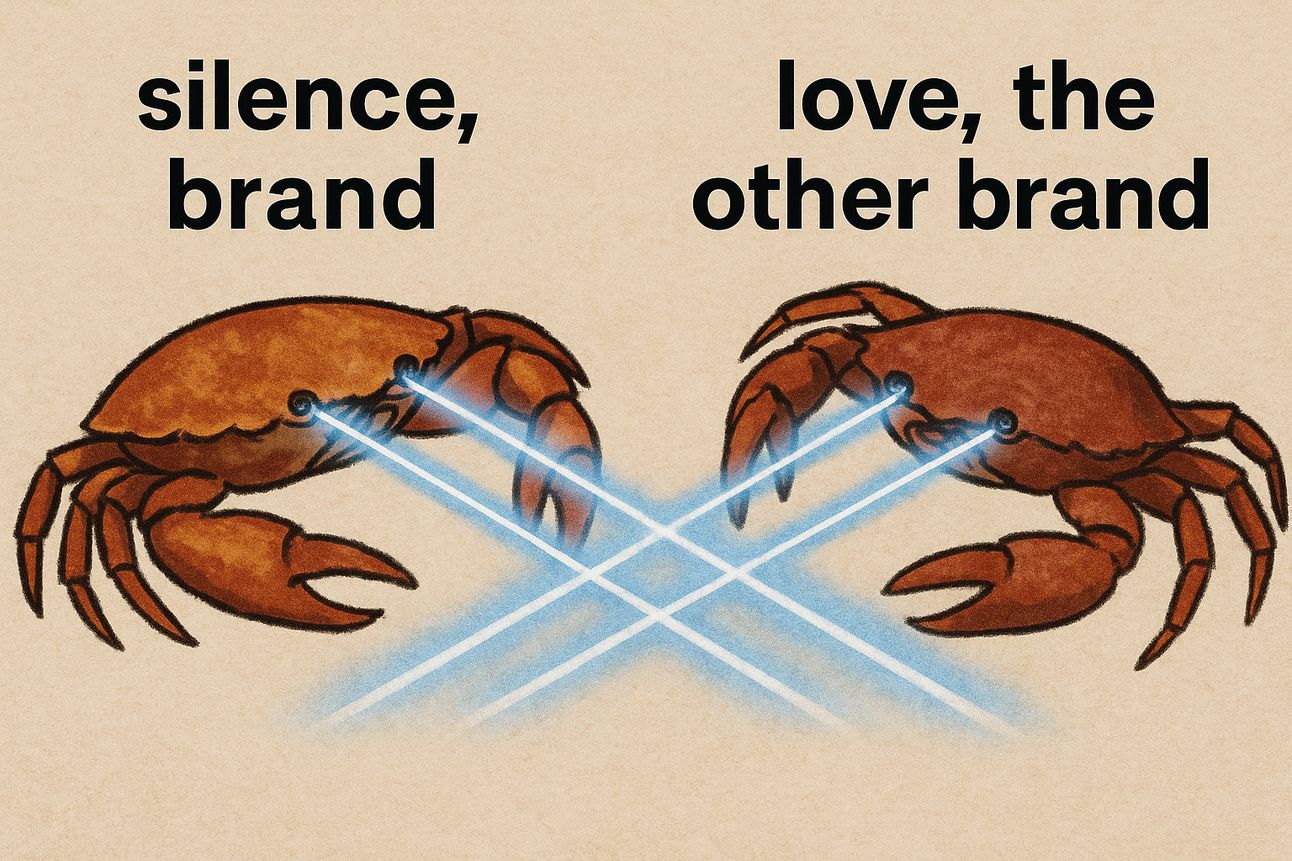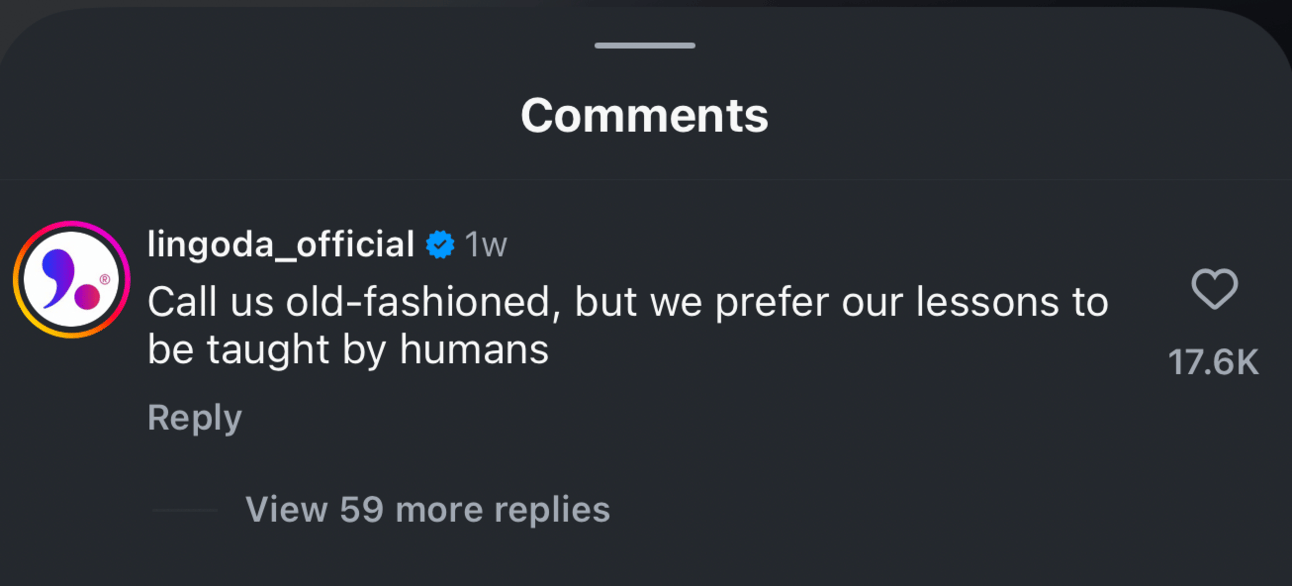HOW IS IT ALMOST JUNE. Can someone tell me where the first 5 months of the year went? I’d like to speak to a manager.
Let’s see, is there anything else I want to ramble about before you get to the article… um, I started a pro basketball team? That’s something, right? I’m also slammed trying to figure out how to play / coach / recruit / organize a pro team… so uh, let’s just talk social? Today we’ll hit on:
A 2025 Social playbook w/ insights from 1,000+ marketers!
How to defend your brand against the uglier brands
Something about Duolingo because apparently it’s all I write now.
—Jack Appleby
Is your social strategy ready for what's next in 2025?
HubSpot Media's latest Social Playbook reveals what's actually working for over 1,000 global marketing leaders across TikTok, Instagram, LinkedIn, Pinterest, Facebook, and YouTube.
Inside this comprehensive report, you’ll discover:
Which platforms are delivering the highest ROI in 2025
Content formats driving the most engagement across industries
How AI is transforming social content creation and analytics
Tactical recommendations you can implement immediately
Unlock the playbook—free when you subscribe to the Masters in Marketing newsletter.
Get cutting-edge insights, twice a week, from the marketing leaders shaping the future.
Should brands block their competitors on social media?

When a brand goes viral on TikTok, you can bet other brands will flock to the comment section, anxious to chit chat their way into the conversation. It’s a modern community management strategy that’s probably worth it for most brands—get that hop along traffic.
Buttt in this new unhinged era of social, suddenly brands are attacking each other in the comments section.
I think it might be time that brands block their competitors on social.
Let’s walk through it.
The example: Lingoda suckerpunching Duolingo
Everyone’s favorite green owl has taken heat over the last month after the company announced they’re going “AI-First.” And because consumers are wayyy too sensitive to anything AI, Duolingo’s comment section has been a bit of a mess recently.
What caught me off guard: Lingoda, another language app, popping into Duo’s comment section to join the pile on.

And boy, that comment got some engagement. 17,600+ likes is significant.
Now, do I think that comment hurt Duolingo? Not really. I don’t buy for a second that the nasty TikTok comments they’re receiving indicate a big drop in actual subscribers to their service—people love to shout on social media, and most of the shouters aren’t even customers.
But do I think a lot of Duolingo followers who’d never heard of Lingoda are now aware the competitor app exists? Yes.
I don’t wanna spend much time debating Lingoda’s pile-on strategy (personally, I think it’s pathetic)—I wanna focus on how your brand should handle when your competitors jump onto your turf to fight.
If your competitor’s in your comments, delete the comment & block.
You’ve worked hard to build your brand’s social presence! I see no reason to let your competitors jump into your comment section to trash talk your brand. What good can come from that?
If you see a competitor in your comment section, I genuinely believe you should delete the other brand’s comment & block them, especially if they’re trying to belittle you.
You created a community, you earned attention, you nurtured conversation... and you’re gonna let some rando competitor hijack your audience with a snarky comment? Nah, not in this house.
Defend your home. Protect yourself and the audience you’ve built.
“But what if the brand dunks on us for blocking?!”
When I threw this thinking up on my LinkedIn, some social media managers argued against blocking competitors, even in this situation. Their rebuttals?
“if brands start blocking opponents, they look insecure.”
“you may give them even more ammo to dig at your brand.”
“blocking a rival makes your brand a control freak”
These are… not sophisticated arguments, and highlight one of my largest frustrations with the new generation of social media marketers: caring more about social media than marketing. None of these things should be real concern.
Take this Lingoda vs. Duolingo situation. If Duo blocked them, and Lingoda made content about it? That would be Lingoda advertising their significantly more famous competitor. That would be tremendously stupid of them, especially since Lingoda doesn’t have any community to rile up (seriously, Lingoda, your brand’s posted 36 Reels in 2025, and 31 of them have less than 5 comments? When you have 157,000 followers? That’s embarrassing).
Delete bad comments from competitors & block ‘em from doing it again. Don’t worry about ~the internet~ in this case.
Should you proactively block your competitors?
I don’t necessarily think you need to proactively defend yourself. Most brands just wanna hang and chat, not cause a ruckus. I suppose it doesn’t hurt to set the alarm, but you’re totally fine just keeping a quick trigger finger ready when someone crosses the line.
I’m opening up some consulting hours!

I love writing the newsletter, but I also miss doing the work. Solving problems, building strategies, auditing social, and pitching creative are what get me excited about this industry. So, I’m freeing up time for consulting!
You can book me for hourly calls right over here, or shoot me an email if you’re looking for something more project based—I’m at [email protected]


